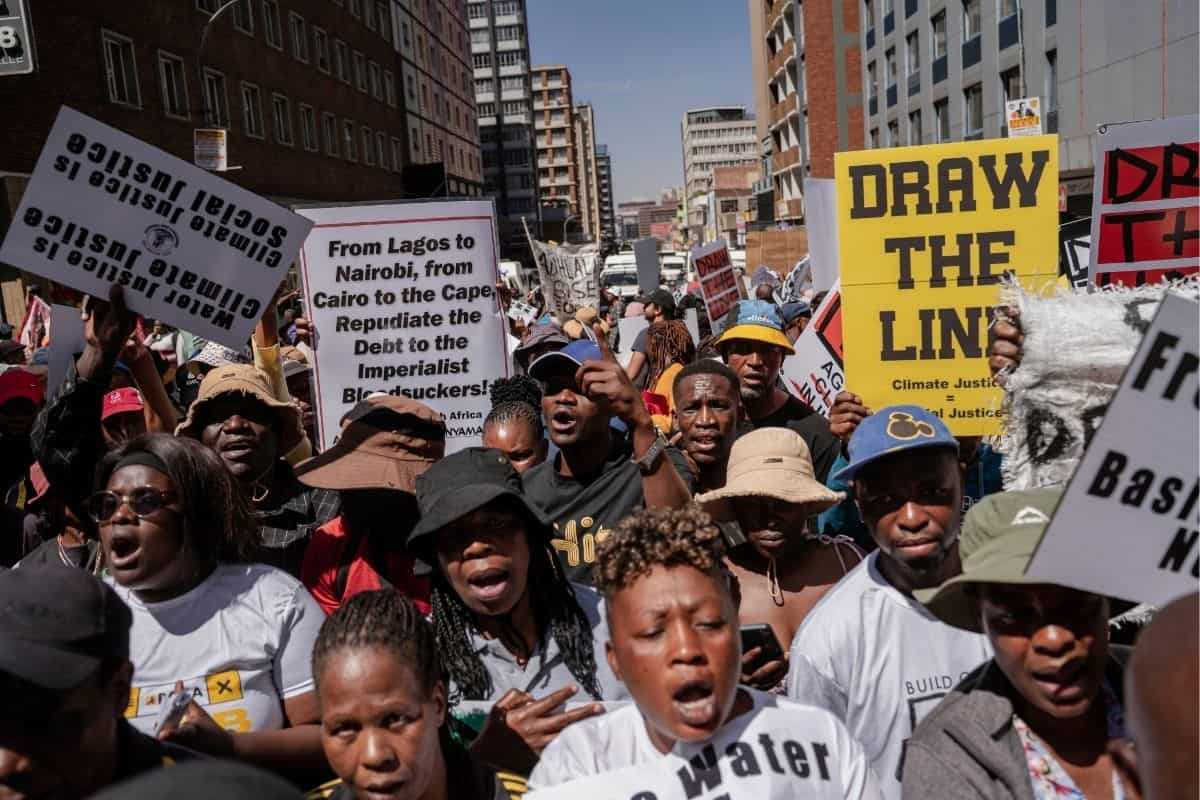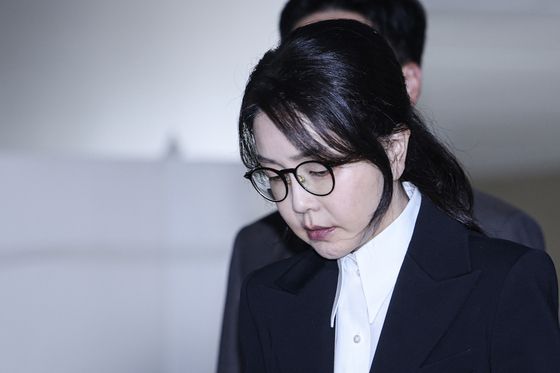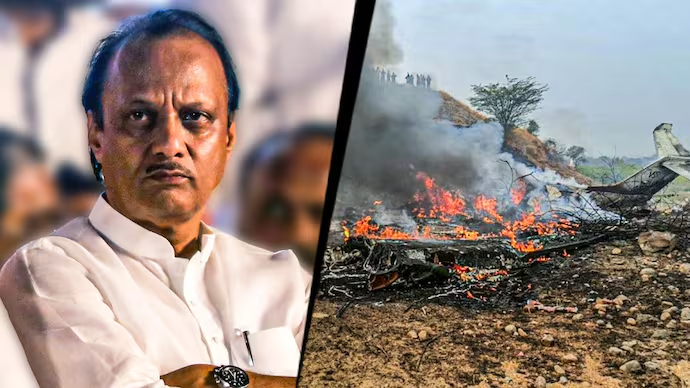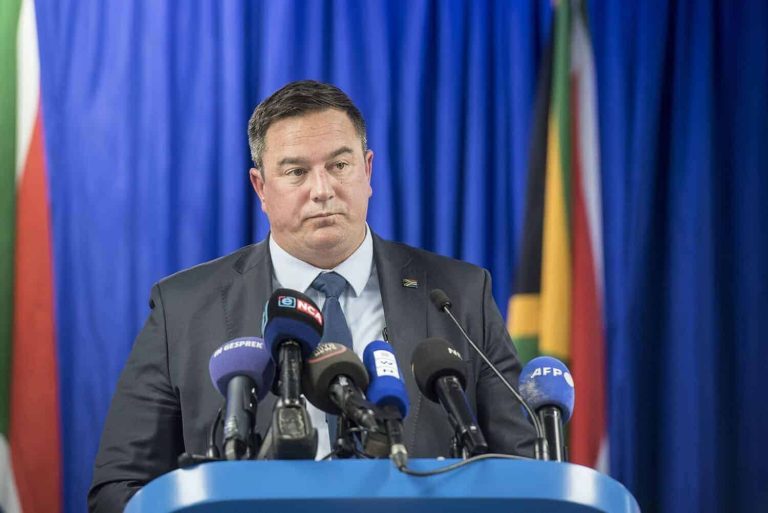
There will always be an alternative in life, or at least there should be.
For the G20, where a select group of world leaders gather to discuss global issues, another summit will take place at Johannesburg’s Constitution Hill.
We The 99, described as a People’s Summit for Global Economic Justice, will happen simultaneously with the G20.
The organisation’s name is premised on the idea that only 1% is represented at the G20, while the rest of the world is locked outside as important decisions are made.
“We The 99 was initiated by a broad coalition of civil society partners in South Africa and internationally who were united in a simple but urgent conviction: the world cannot be left to the 1% who profit while the rest struggle to survive,” communications coordinator for We The 99 People’s Summit, C Anzio Jacobs tells The Citizen.
ALSO READ: G20: SA’s role as bridge between developed and emerging economies
A G20 alternative
Jacobs, a philanthropy strategist, says there isn’t a single founder of We The 99.
“It was built deliberately as a shared platform rooted in Global South leadership, worker experience, feminist organising and the realities of people who live the consequences of inequality every day.”
The three-day summit will be held from 20 November until Saturday, 22 November.
Over the three days, there will be political dialogues on the state of the world featuring people from different walks of life.
On the final day, the Uprising Festival, where art and activism meet to reimagine the world anew, will take place.
“The summit and the Uprising Festival mark the birth of a new political and cultural home for the majority of the world who have been locked out of elite decision-making spaces,” Jacobs says.
ALSO READ: Ngeke! Festival set to stand against corruption, calls on attendees to pledge
An act of solidarity
Th summit will be the inaugural edition, made up of more than 250 organisations from more than 30 countries.
“It’s one of the largest coordinated civil society efforts countering the G20 this year, built on grassroots leadership, workers’ formations, feminist movements, faith communities and youth organising across the Global South,” says Jacobs.
Jacobs adds that, at its core, the summit and the Uprising Festival are a collective act of solidarity, not a single organisation’s project, but a shared front against inequality.
We The 99 is made up of organisations from the Global South who have been protesting for many years against the injustices of the world. However, Jacobs says most struggling nations aren’t protest-fatigued but are exhausted by being ignored.
“The Global South has been carrying the weight of austerity, debt, climate collapse and economic injustice for decades. What you’re seeing is not apathy, it’s the impact of systems designed to wear people down,” he says.
ALSO READ: Neo Baloyi: The visionary producer bringing African stories to global screens
Demands for transformation
The movement demands nothing less than the transformation of the global system as it stands.
Part of its demands is a tax on the super-rich, the enforcement of corporate accountability and investment in climate justice.
“Utopian is what the status quo calls anything that threatens the comfort of billionaires. The eight demands come directly from workers, caregivers, farmers, young people and activists who live under extractive systems every day. These aren’t abstract ideas, they’re survival,” Jacobs says.
He describes this as turning fragmented struggles into shared leverage.
“The movement is building long-term pressure, not instant miracles. We’re coordinating across borders, linking national struggles to global fights, using public mobilisation, media, research and policy engagement to push governments and institutions.”
There are protests expected at the G20, but Jacobs says the two-day summit at Constitution Hill is focused on creating a shared political platform, strengthening alliances and preparing collective strategies.
“Any public mobilisations linked to the G20 are coordinated separately through partner organisations,” he says.
The Uprising Festival
True to its alternative stance, the We The People music festival features some of the most recognisable alternative musicians with strong socio-political voices, including The Brother Moves On, Iphupho L’ka Biko and poet Lebo Mashile.
“They are political voices in their own right. Every one of them carries the sound of defiance, healing and collective memory. Bringing them together on one stage is a declaration that culture belongs to the people fighting for justice, not the elites who try to sterilise it,” Jacobs says.
The festival is not there for just entertainment’s sake and Jacobs says people don’t only show their resistance through policy papers.
“They fight by dancing, by singing, by grieving together, by celebrating survival, by refusing to disappear. The Uprising Festival is a political act. Artists are workers. Artists are storytellers. Artists are historians. They carry the emotional truth of what the 99 percent live through every day.”
NOW READ: The Brother Moves On campaigning for funds for ‘Zulus of New York’ tour



